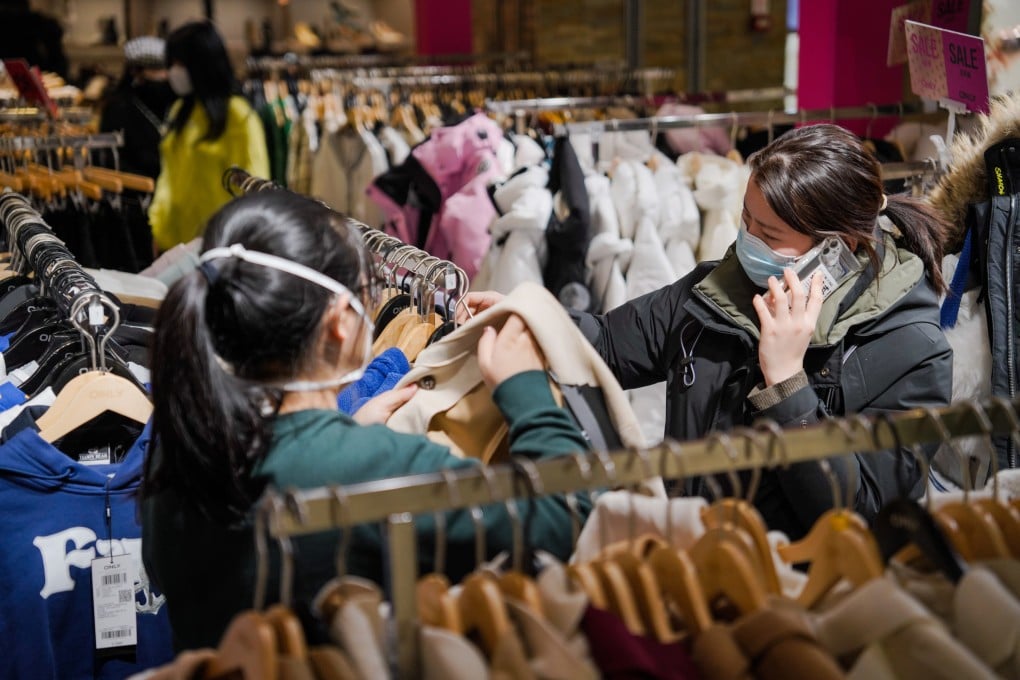Opinion | China’s huge household savings no guarantee of economic recovery via ‘revenge spending’
- Stuck at home during repeated lockdowns as part of the country’s zero-Covid policy, Chinese households amassed trillions in savings last year
- Some are pinning hopes of economic recovery on ‘revenge spending’, but those savings could be a sign of uncertainty rather than pent-up demand

But not all of the excess savings reflect suppressed consumer spending. A very large proportion of the increase in deposits reflects what households choose to save as a precaution.
Chinese households save mainly in the form of housing and financial investment, and last year they delayed home purchases and pulled out of the stock market and other underperforming financial assets in favour of keeping their money in bank deposits.
According to several estimates, housing purchases declined in 2022, mostly owing to investors’ expectations of a sustained economic downturn. Even if consumer spending could return to normal this year, heightened uncertainty will most likely prevent Chinese families from putting their hard-earned savings into housing or stocks, so bank deposits will remain higher.
